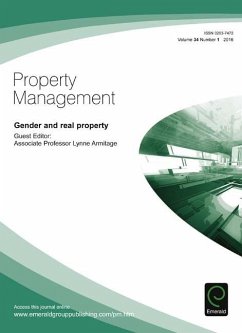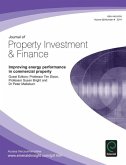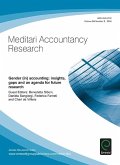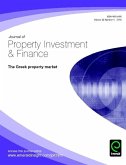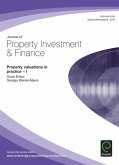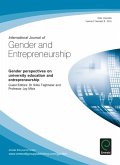This special e-book of Property Management focuses on gender and property. The five papers featured consider the relationships between gender and property in three different countries: Sweden, Australia and Nigeria.The theme which integrates the papers is essentially access to resources and their maldistribution on gender lines. Whilst gender is by no means the only cause of such resource misallocation, it is one which exacerbates many others and, to such an extent that, it is of major concern to the United Nations (UN Women 2015). Drawing on data from 219 countries, Gakidou et al. (2010) found that increasing formal education for women and girls makes a significant contribution to economic growth and it is reported that about half of the economic growth in the OECD over the last 50 years is as a result of improved access to education and improving parity with men in respect of female years of full-time education completed. However, as indicated in the papers under discussion in this issue, this has not converted to better labour market outcomes for a variety of indicators and in a range of societies at varying levels of economic and social development, supporting recent findings by the UN (UN Women 2015a).What contribution - the 'so what' question by which academic research seeks self-validation - can enquiry into gender equality in the context of property achieve? So often we identify only more questions for further research, investigating more of the problem invariably without providing practical solutions. By contributing to improving access to the resource of information and its transformation into knowledge, educators and academics as well as politicians and policy advisors can work towards challenging and changing the cultural norms that underpin the behaviours supporting the current system of inequity. Each of the papers in this e-book make such a contribution in a most informative and persuasive manner.
Dieser Download kann aus rechtlichen Gründen nur mit Rechnungsadresse in A, B, BG, CY, CZ, D, DK, EW, E, FIN, F, GR, HR, H, IRL, I, LT, L, LR, M, NL, PL, P, R, S, SLO, SK ausgeliefert werden.

